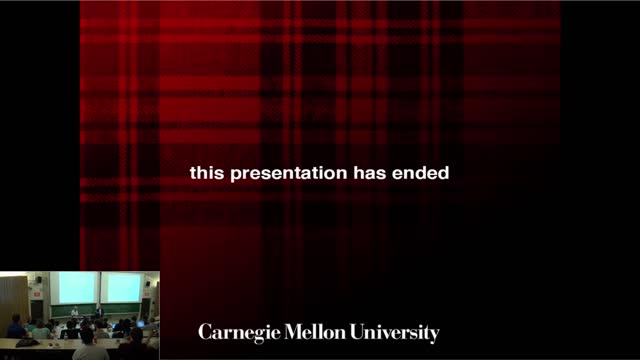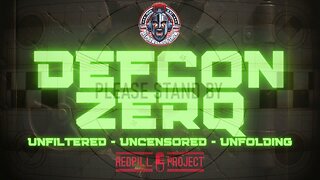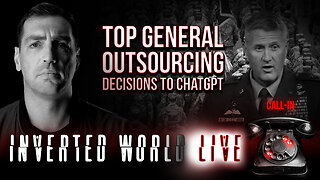Premium Only Content

Toyota's Unintended Acceleration and Software Security: A Case Study
Investigations into potential causes of Unintended Acceleration (UA) for Toyota vehicles have made news several times in the past few years. Some blame has been placed on floor mats and sticky throttle pedals. But, a jury trial verdict was based on expert opinions that defects in Toyota's Electronic Throttle Control System (ETCS) software and safety architecture caused a fatal mishap. This talk will outline key events in the still-ongoing Toyota UA litigation process, and pull together the technical issues that were discovered by NASA and other experts. The results paint a picture that should inform future designers of safety critical software in automobiles and other systems.
Bio:
Prof. Philip Koopman has served as a Plaintiff expert witness on numerous cases in Toyota Unintended Acceleration litigation, and testified in the 2013 Bookout trial. Dr. Koopman is a member of the ECE faculty at Carnegie Mellon University, where he has worked in the broad areas of wearable computers, software robustness, embedded networking, dependable embedded computer systems, and autonomous vehicle safety. Previously, he was a submarine officer in the US Navy, an embedded CPU architect for Harris Semiconductor, and an embedded system researcher at United Technologies. He is a senior member of IEEE, senior member of the ACM, and a member of IFIP WG 10.4 on Dependable Computing and Fault Tolerance. He has affiliations with the Carnegie Mellon Institute for Software Research (ISR) and the National Robotics Engineering Center (NREC).
-
 8:00:11
8:00:11
GritsGG
14 hours agoBattlefield 6? Here... We... Go...
7.07K -
 1:04:10
1:04:10
The Connect: With Johnny Mitchell
3 days ago $14.43 earnedTucker Carlson's INSANE Take On Civil War In America, Calls For Fascism
30.7K89 -
 LIVE
LIVE
Lofi Girl
3 years agolofi hip hop radio 📚 - beats to relax/study to
163 watching -
 2:04:24
2:04:24
FreshandFit
11 hours agoGianni Blu Meets 305
217K10 -
 2:37:35
2:37:35
Badlands Media
12 hours agoDEFCON ZERQ Ep. 014: Marker Nine – The Ninth War Is Coming
64.8K69 -
 2:10:43
2:10:43
Inverted World Live
8 hours agoTop General Outsourcing Decisions to ChatGPT | Ep. 127
86.8K9 -
 2:46:27
2:46:27
Laura Loomer
8 hours agoEP151: Democrats Meet With Terror Tied Islamic Group During Government Shutdown
24.4K17 -
 3:02:06
3:02:06
TimcastIRL
7 hours agoPortland Police PROTECT Antifa From DHS Arrest, Trump Admin Says SEND IN THE GUARD | Timcast IRL
227K128 -
 2:49:50
2:49:50
Barry Cunningham
7 hours agoPRESIDENT TRUMP SPEAKS TO THE PRESS...NO DEALS! DO YOU CARE IF THE GOVERNMENT STAYS SHUT DOWN?
42K41 -
 1:37:24
1:37:24
Tundra Tactical
5 hours ago $12.74 earned🚨🚨Emergency Gun News!!!!🚨🚨 Did Glock Just Cave To Liberal Pressure?? Current Glocks Done?
32.9K4